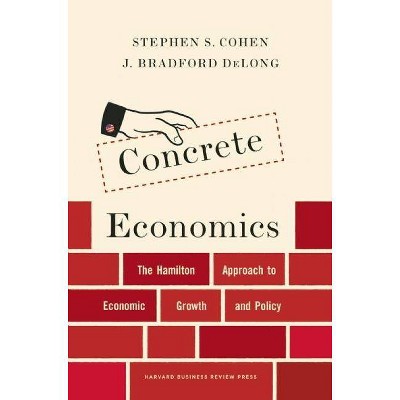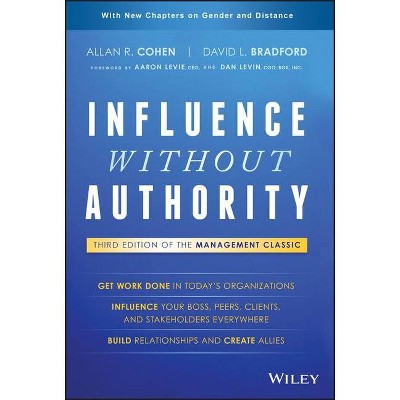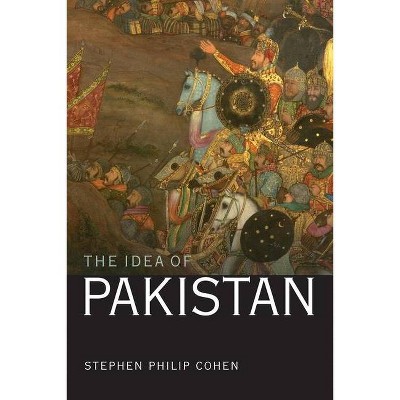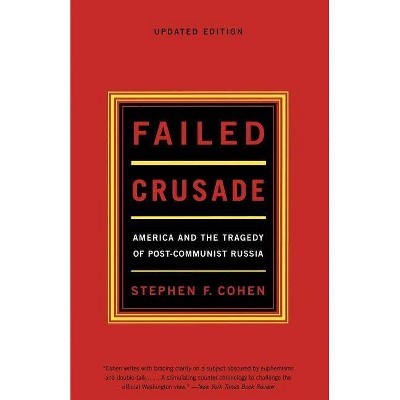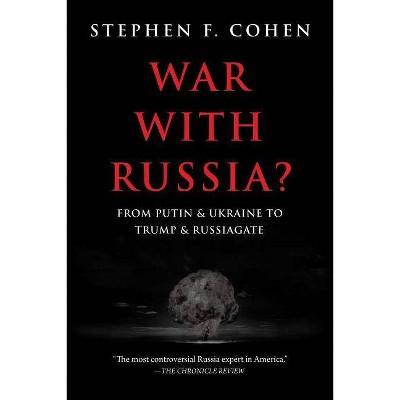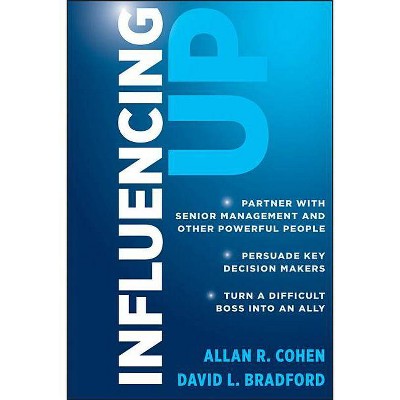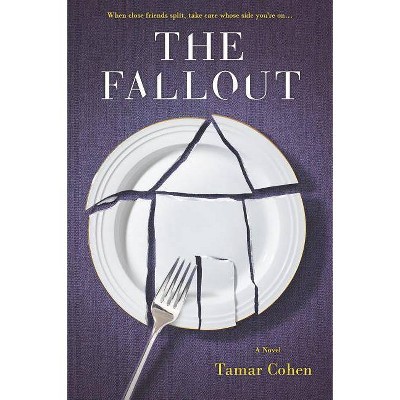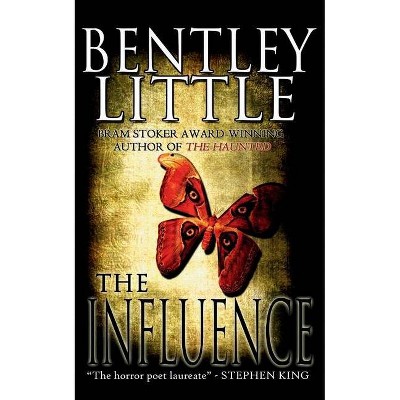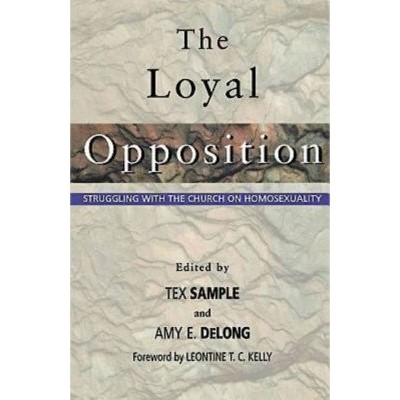The End of Influence - by J Bradford DeLong & Stephen S Cohen (Paperback)
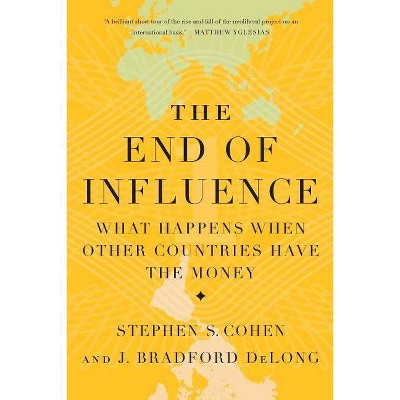
Similar Products
Products of same category from the store
AllProduct info
<p/><br></br><p><b> About the Book </b></p></br></br>Now that the US is not the world's biggest banker, its future as a superpower is looking shaky.<p/><br></br><p><b> Book Synopsis </b></p></br></br>At the end of World War II, the United States had all the money -- and all the power. Now, America finds itself cash poor, and to a great extent power follows money. In <i>The End of Influence</i>, renowned economic analysts Stephen S. Cohen and J. Bradford DeLong explore the grave consequences this loss will have for America's place in the world. <p/> America, Cohen and DeLong argue, will no longer be the world's hyperpower. It will no longer wield soft cultural power or dictate a monolithic foreign policy. More damaging, though, is the blow to the world's ability to innovate economically, financially, and politically. Cohen and DeLong also explore American's complicated relationship with China, the misunderstood role of sovereign wealth funds, and the return of state-led capitalism. <p/> An essential read for anyone interested in how global economics and finance interact with national policy, <i>The End of Influence</i> explains the far-reaching and potentially long-lasting but little-noted consequences of our great fiscal crisis.<p/><br></br><p><b> About the Author </b></p></br></br><b>Stephen S. Cohen</b> is a Professor of Regional Planning at the University of California, Berkeley, and Codirector of the Berkeley Roundtable on the International Economy. He lives in San Francisco, California. <p/><b>J. Bradford De Long</b> is an economist at the University of California, Berkeley. He is the author of the bestselling textbook <i>Macroeconomics</i>. He also writes a widely read economics blog. He lives in Lafayette, California.
Price History
Price Archive shows prices from various stores, lets you see history and find the cheapest. There is no actual sale on the website. For all support, inquiry and suggestion messagescommunication@pricearchive.us
